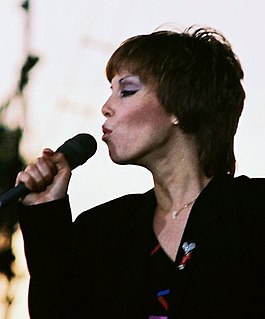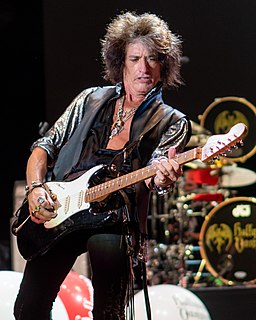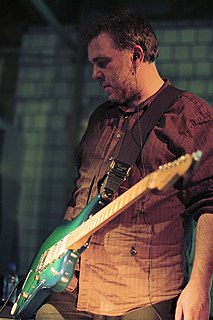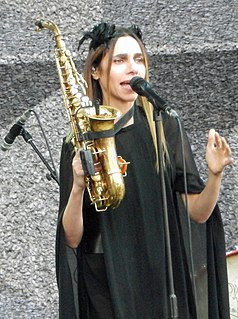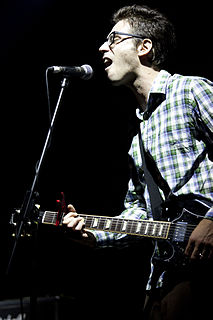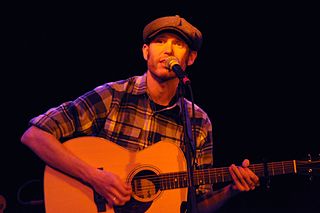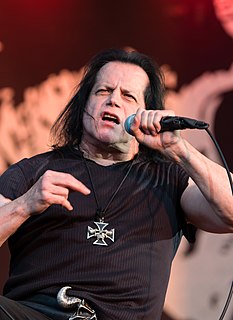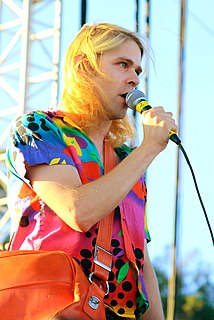A Quote by Andy Biersack
We made 'Wretched and Divine,' and as much as I love it, it's a pretty sparkly record - it's a record that could be done as a play because it's very theatrical with no grit.
Related Quotes
When I produce someone's record I have to remember it's their record..no matter what I bring to it..er, sometimes that's not too easy:) It is a responsibility made less easy by people I work with encouraging me to play guitar on their record...A soon as I start playing guitar on someone's record it inevitably starts to sound like me...not always a good thing.
I don't think that much anymore in terms of 'write a record, record a record, tour a record,' because in my own mind, things have changed, in that I'm just an ongoing artist. I'm not quite sure what the next project needs to be until it presents himself, and then I know. I just follow dutifully while I'm being led.
The live thing is separate from the record for me. I have to figure out a way to make the songs work live. It's always going to be different than it is on a record, because every record I've made, there are people playing parts on there that are not going to be coming on tour with me. As much as still feeling connected to it, it's more like rediscovering.
Al Gore wanted to tell people what they could listen to and what they couldn't, what they could record. It was basically coming down to the idea that he wouldn't let anybody record any music that he didn't think you should be doing. There was going to be an organization that would tell you what you could and couldn't record.

